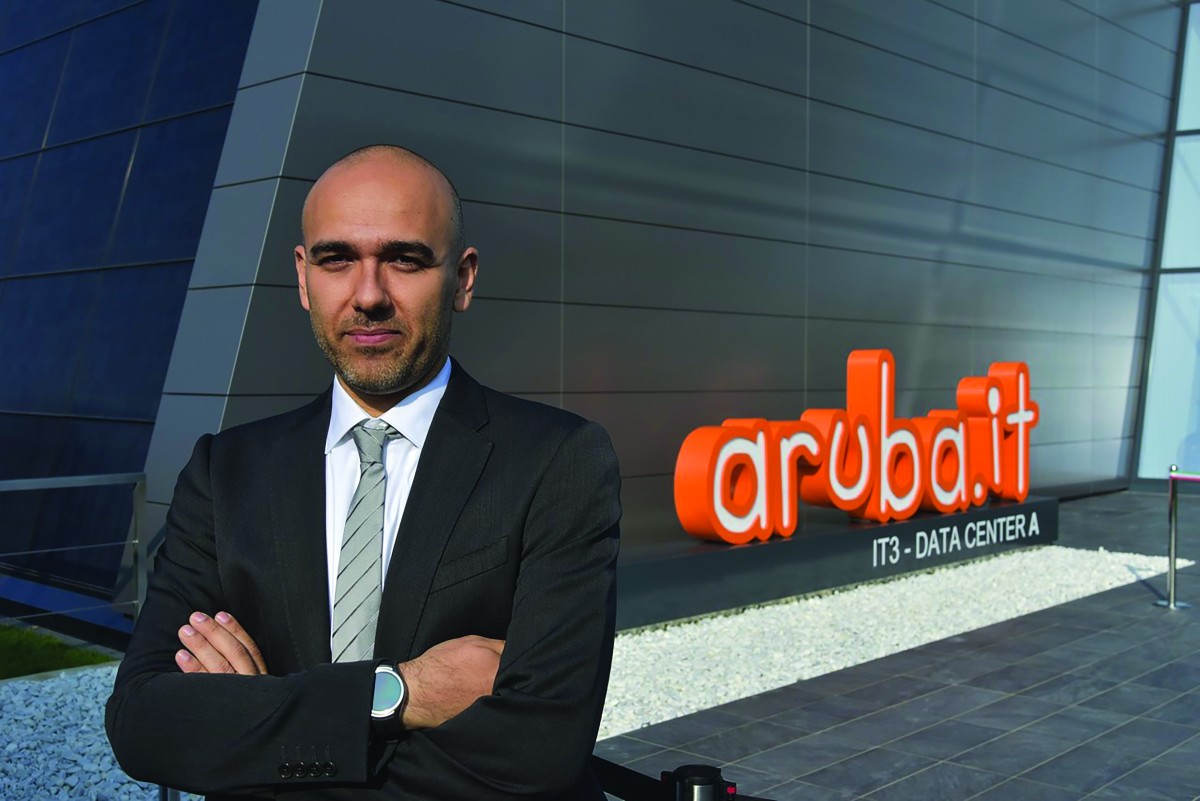Aruba S.p.A is strengthening its renewable energy capacity with the acquisition of two new hydroelectric power plants in the province of Bergamo, near the Global Cloud Data Centre in Ponte San Pietro, with a total capacity of 2MW.
The new hydropower plants - 'Paladina' and 'Ponte Briolo' - share the same water intake on the Brembo river and are joined by a private adduction canal. They join the plant that was already present within Aruba's Global Cloud Data Centre - also on the Brembo river - and the further four ones acquired by the company in 2020 in Melegnano (MI) on the Lambro river, in Chiuppano and Calvene (VI) on the Astico river and in Pontebba (UD) on the Fella. The entire network of Aruba's hydroelectric power plants has a capacity of 9.2 MW for the production of clean energy and the expected annual output is approximately 50 GWh.
The acquisition of the new hydropower plants is part of a broader strategy of the Aruba Group, which intends to continue to invest and increase its renewable energy production capacity in order to reduce the impact on the environment as much as possible and to make the activities of the entire group sustainable. In addition to investment in hydroelectric plants, Aruba are also continuing investment in photovoltaic plants.
The two new buildings DC-B and DC-C on the Ponte San Pietro campus, which were inaugurated in December 2022, are clad with new-generation photovoltaic systems with a capacity of 1.2 MW and 1.3 MW, respectively, in addition to the 2.4 MW system on DC-A. The data centres under construction on the new campus in Rome will also be clad with photovoltaic panels on all surfaces that have sufficient exposure to the sun.
In addition to its own initiatives, there is also a shared path with other companies at an international level: together with other European providers, Aruba is part of the Climate Neutral Data Centre Pact, a self-regulatory initiative that aims to make data centres in Europe climate neutral by 2030. The company is among the first data centre operators to have already certified its adherence to the Pact through an audit conducted specifically to measure its compliance with the goals. A historic commitment by the European cloud and data centre industry to proactively drive the transition to full energy sustainability.
A further commitment Aruba have made involves participation in the European Green Digital Coalition. The aim is to invest in the development and deployment of sustainable and efficient digital services, develop tools to measure the impact of technologies on the environment and thus join forces for a 'green' digital transformation, benefiting the environment, the community and the economy.
"Energy consumption in the IT sector continues to grow at a high rate, which is why it is more essential than ever to aim for maximum energy efficiency and the production of energy from renewable sources. - commented Stefano Cecconi, CEO of Aruba - This first investment in 2023, which anticipates further ones, allows us to increase our capacity to produce clean energy and keep us in line with our long-term sustainability goals."




